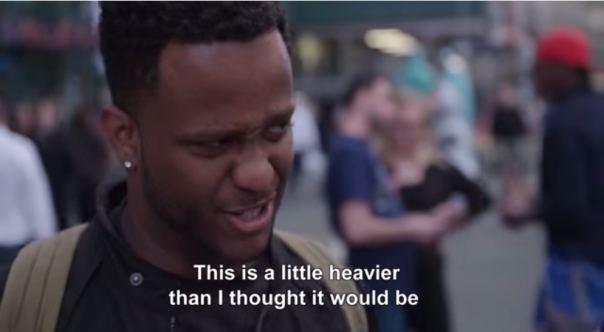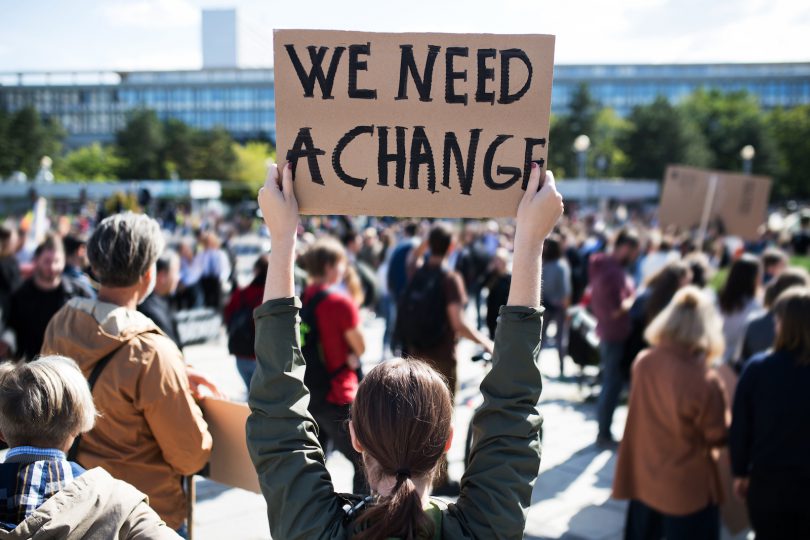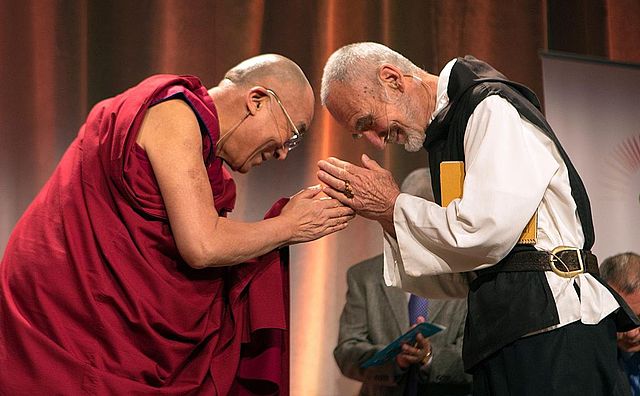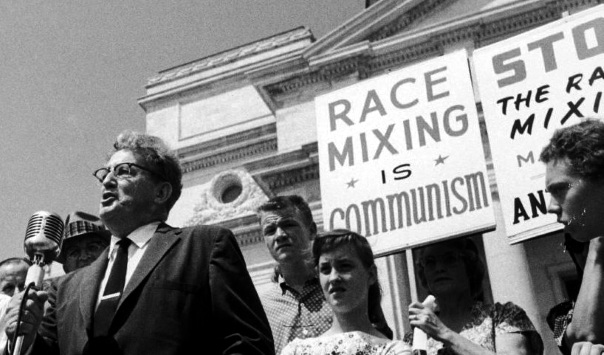[CN: Racism and racist violence (esp. in the video)]

Itamar Rose is an Israeli who makes satirical social experiment films on issues considered taboo and contentious [largely to an Israeli audience]. Some examples of videos he was involved in:
- Seeing how many passers-by in the majority-Jewish New York neighbourhood of Brighton Beach would donate to a fictional charity called Jews Kill Arabs.
- Going to Sderot (the Israeli town that has born the brunt of rocket fire from Hamas and other groups in Gaza) and asking residents to roleplay Palestinians under the occupation.
- Asking women to record a Channukah greeting to IDF soldiers that’s compatible with the new regulations that follow the Orthodox Jewish law against a man hearing a woman’s voice. For some introductory info on the religious issues, see here.
- Going to the IDF army museum and finding out what kind of messages the kids who get taken there by their parents are absorbing.
Whatever you might think of the video’s messages, I think you’d agree that he’s doing something interesting. So when he posted a video called “black Victim’s final message [sic]”, I was pretty curious. Here it is (now removed but I downloaded and mirrored it in case this would happen):
Rose asks black and Hispanic passers-by to record what they’d want to say to friends and family if they were killed by police in yet another racist shooting spree. As per the other videos, it’s meant as a crowd participation performance piece. And yeah, it’s hard to watch and it might raise awareness amongst people who haven’t heard much of the issue, and it’s poignant and shit.
And I hope you thought it was just as awful as I did.
I’m not black. And the participants’ reactions clearly varied. But it’s clearly a problem that the whole experiment is a [non-black] stranger reminding black people about how little their lives are worth in the USA and about what might befall them due to driving-while-black, walking-while-black etc. This is a reality all these participants are already aware of. They’re living with it on a daily basis. They don’t need Itamar Rose’s performance pieces to cause them to think about something they’ve probably thought about more times than Itamar Rose and I have had hot meals. They don’t need this opportunity to enact some of their greatest fears. Some of the participants might have had a positive experience doing it, but I doubt they needed the reminder.

Maybe Itamar’s target audience (presumably non-black Israelis) “needs” this message. Given the callous asylum seeker policies in Israel I guess his target audience might need to hear that black people are people. Which is why this video is shitty activism. The participants don’t look like got a choice to have this hypothetical of them being killed by the police foisted on them. The video only shows one negative reaction, completely justified for anyone going about their day and being accosted by this request. The damage would be worse for the many people who have had abusive encounters with police or if they had family or friends actually killed by police. Maybe this happened and the footage never made it to YouTube.
Either way, it’s a pretty big miss to try humanise black people using a social experiment that involves forcing black people to live out traumatic and probably events for the sake of white people’s personal journey.
Itamar Rose’s video was a social experiment without an ethics committee. I’m not being snide; I think it’s very useful to consider what a hypothetical ethics committee would say for a piece of activism like this. There’s no way this setup would fly in a real experiment without a better screening process. In fact, the premise of the video actually sounds like an interesting topic for a psych study — but this time with ethics.
Below is a summary of parts of the Helsinki Declaration from Wikipedia. It’s a good idea to think of it not just as a set of guidelines for medical research but other forms of research, informal social experiments and other forms of activism:
The fundamental principle is respect for the individual (Article 8), their right to self-determination and the right to make informed decisions (Articles 20, 21 and 22) regarding participation in research, both initially and during the course of the research. The investigator’s duty is solely to the patient (Articles 2, 3 and 10) or volunteer (Articles 16, 18), and while there is always a need for research (Article 6), the subject’s welfare must always take precedence over the interests of science and society (Article 5).





0 Comments